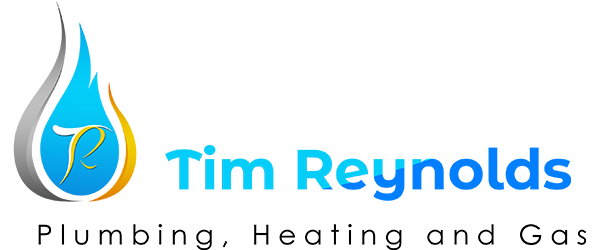Improved technology means there’s an increase in different boilers to consider when you have a new one installed. This is good news, as it means you can opt to have a boiler installed that best fits your family’s needs. The only tricky part is understanding what different boiler types mean and the impact they’ll have on your home.
Here at Tim Reynolds Plumbing, Heating & Gas we’ve seen, installed, serviced and repaired a whole host of boilers, and have written the following guide to help you quickly understand the differences between them.
What are the different types of boilers?
There are three main types of boilers commonly found in homes. The following gives a brief guide to them all, and why they may or may not be suitable for installation in your home.
Regular boilers
Regular boilers are probably what you think about when considering a boiler installation. They’re also called conventional or traditional boilers and work with a hot water cylinder and water tank. You’ll often find regular boilers installed in larger homes and homes with more than one bathroom as they allow more than one source of water to operate at once. This means you can have a shower while someone else is running hot water in the kitchen or having a bath.
Regular boilers do not heat water instantly so most people set it to come on at certain times. Once the water is heated, some can be stored for use throughout the day so you don’t need to turn the hot water back on every time you need it.
System boilers
System boilers are similar in some ways to a regular boiler but they don’t require a separate water tank.
A system boiler works with a hot water cylinder still, and hot water must be heated in advance, as with a regular boiler. This also means that some hot water can be saved once it’s heated for use hours later. The advantage to a system boiler is because they don’t need a tank, you can benefit from still being able to meet your family’s water demands without having to get a tank installed or have somewhere to store it. Another pro to a system boiler is the potential to use them with solar thermal systems, meaning they can be greener and also energy-efficient.
Combi boilers
Combi boilers work differently to both regular or system boilers. They don’t require a separate tank or cylinder, so they are completely self-contained units.
With combi boilers, you get your hot water instantly because it’s piped directly from the mains. This means there’s no waiting and also no waste, so you can save energy and money on your bills.
Combi boilers are only really suitable for homes with one bathroom though as they sometimes struggle where two sources of water need to run together, for example, a shower and bath, or even the kitchen hot water tap. If your home has lots of occupants and there’s a high demand for water, a combi boiler won’t be the best choice.
They are a good choice, however, if your home isn’t huge and you’d like to save on storage and be as energy-efficient as possible.
Considering a new boiler installation in Dorset or surrounding areas?
If you’d like help with your boiler installation options, get in touch with the friendly team at Tim Reynolds Plumbing, Heating & Gas. We serve homes across Verwood, Alderholt, Hampshire, Ringwood, West Moors, Ferndown, Ashley Heath, Fordingbridge, Bournemouth and Poole, and welcome all enquiries.
You can call us on 01202 802281, email us at info@younique4u.co.uk or send a message via our online contact form.



